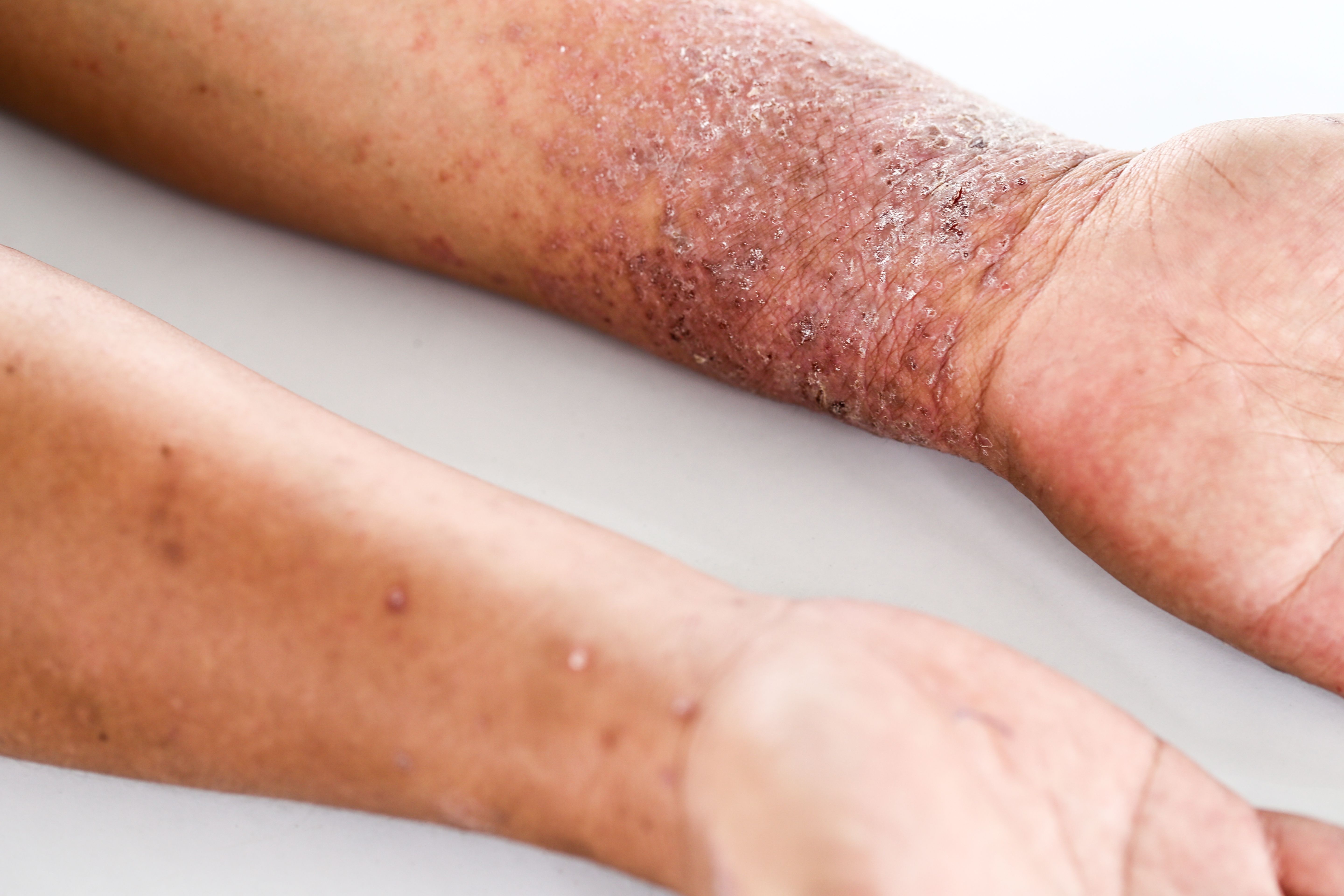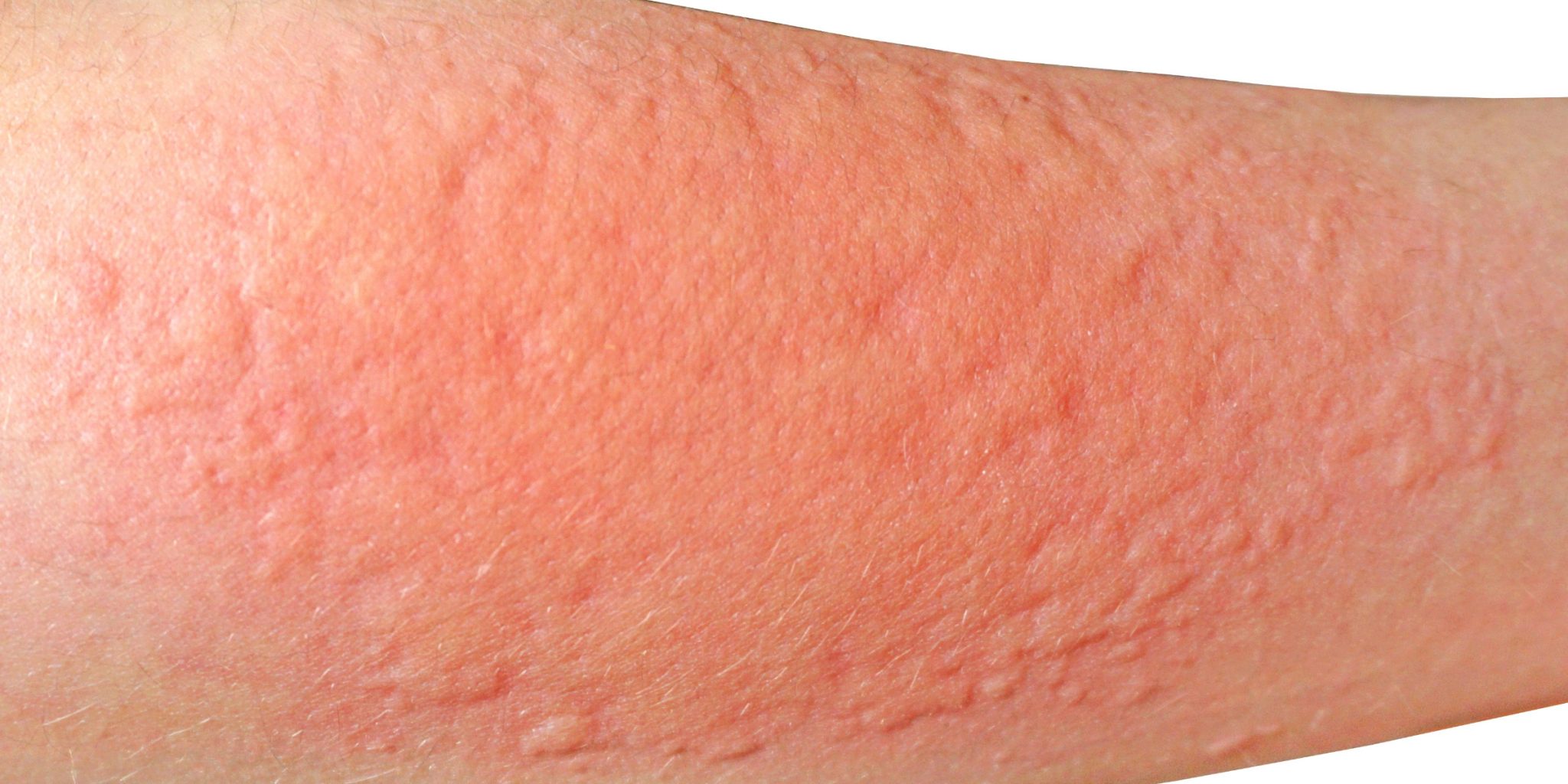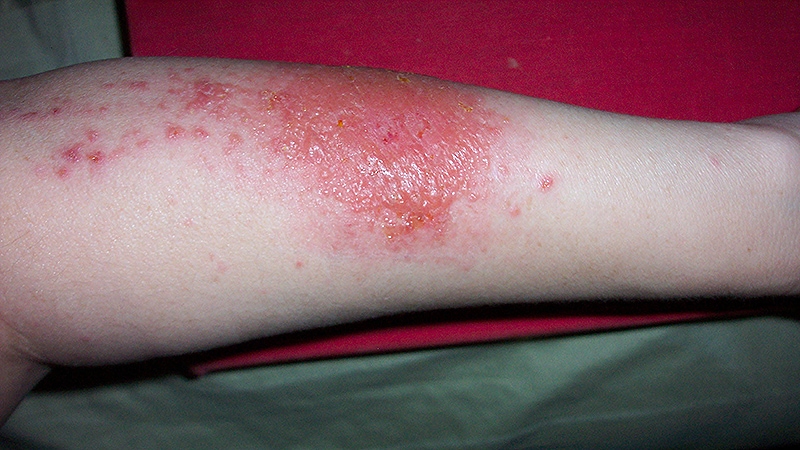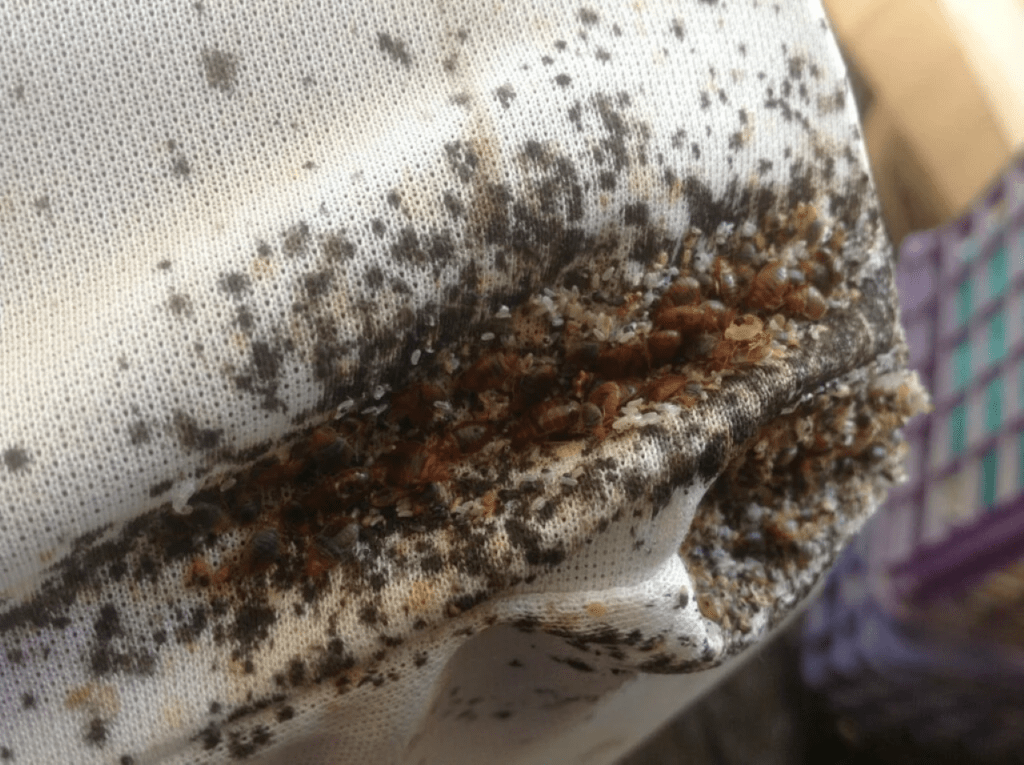One of the main reasons an old mattress can make you itch is due to the presence of dust mites. These tiny creatures thrive in warm and humid environments, making your mattress an ideal breeding ground. Dust mites feed on dead skin cells and their waste can trigger allergies in some people, causing itching, sneezing, and other discomforts. As your mattress ages, it becomes a haven for dust mites and can exacerbate any existing allergies or sensitivities.1. Dust Mites and Allergies
Over time, your old mattress can accumulate bacteria, sweat, and dead skin cells, creating an unhygienic environment for you to sleep in. This can lead to skin irritation and itching, especially for those with sensitive skin. Additionally, the buildup of bacteria can also cause a foul odor, making your mattress an unpleasant place to rest.2. Skin Irritation and Bacteria
Another common issue with old mattresses is the presence of bed bugs. These tiny insects can hide in the crevices of your mattress and come out at night to feed on your blood. Their bites can cause intense itching and discomfort, making it difficult to get a good night's sleep. If your mattress is infested with bed bugs, it may be time to replace it to get rid of these pesky pests.3. Bed Bugs and Itching
A damp and moldy mattress can also be a culprit for making you itch. As your mattress ages, it can absorb moisture from your body, creating the perfect conditions for mold and fungi to grow. Breathing in these spores can cause respiratory issues and skin irritation, leading to itching. It is essential to regularly clean and dry your mattress to prevent the growth of mold and fungi.4. Mold and Fungal Infections
Many mattresses are made with synthetic materials and chemicals that can cause allergic reactions in some people. These chemicals can cause itching, rashes, and other skin irritations, especially for those with sensitivities. If you are experiencing itching after sleeping on your old mattress, it could be due to a reaction to the materials used in its construction.5. Chemical Sensitivities
An old and worn-out mattress can also have a negative impact on the air quality in your bedroom. As your mattress ages, it can collect dust, dirt, and other allergens, which can then circulate in the air you breathe while you sleep. This can contribute to allergies and respiratory issues, causing itching and discomfort. Regularly replacing your old mattress can help improve the air quality in your bedroom.6. Poor Air Quality
Aside from chemical sensitivities, some people may also have allergies to specific materials used in their mattress. For example, some may be allergic to latex, wool, or certain foams. If your old mattress contains these materials and you are experiencing itching, it could be due to an allergic reaction. It is essential to know what materials your mattress is made of and replace it with a hypoallergenic option if necessary.7. Allergic Reactions to Mattress Materials
Proper cleaning and maintenance are crucial for keeping your mattress in good condition and preventing itching. However, many people neglect to clean their mattresses regularly, which can lead to a buildup of dirt, sweat, and allergens. A lack of proper maintenance can also cause your mattress to deteriorate faster, making it more susceptible to dust mites, mold, and other issues that can contribute to itching.8. Lack of Proper Cleaning and Maintenance
As your mattress ages, its materials can break down and lose their structural integrity. This can lead to lumps, bumps, and sagging, which can be uncomfortable and cause itching. Additionally, as the materials break down, they can release particles and allergens into the air, causing further irritation. It is essential to replace your old mattress before it becomes too worn out to prevent these issues.9. Old Mattress Materials Breaking Down
Some people may have underlying skin sensitivities or conditions, such as contact dermatitis, that can be triggered by their old mattress. Contact dermatitis is a type of allergic reaction that occurs when the skin comes in contact with an irritant or allergen. If your old mattress is causing you to itch, it could be due to contact dermatitis. It is essential to address the root cause of the issue and replace your mattress if necessary.10. Skin Sensitivities and Contact Dermatitis
Can an Old Mattress Cause Skin Irritation?

The Connection Between Old Mattresses and Skin Itching
 There are few things worse than a good night's sleep being disrupted by constant itching and scratching. If you have been experiencing this lately, you may have wondered if your old mattress could be the culprit. The answer is yes, your old mattress could potentially be causing your skin irritation. Let's take a closer look at the connection between old mattresses and skin itching.
What Causes an Old Mattress to Make You Itch?
Over time, mattresses can accumulate a build-up of dust mites, dead skin cells, and other allergens. These can trigger an allergic reaction in some people, leading to skin irritation and itching. Additionally, old mattresses may also harbor mold and mildew growth, which can release spores into the air and cause skin irritation, especially for those with sensitive skin.
There are few things worse than a good night's sleep being disrupted by constant itching and scratching. If you have been experiencing this lately, you may have wondered if your old mattress could be the culprit. The answer is yes, your old mattress could potentially be causing your skin irritation. Let's take a closer look at the connection between old mattresses and skin itching.
What Causes an Old Mattress to Make You Itch?
Over time, mattresses can accumulate a build-up of dust mites, dead skin cells, and other allergens. These can trigger an allergic reaction in some people, leading to skin irritation and itching. Additionally, old mattresses may also harbor mold and mildew growth, which can release spores into the air and cause skin irritation, especially for those with sensitive skin.
The Importance of Proper Mattress Hygiene
 How to Prevent Skin Irritation from Your Mattress
The best way to prevent skin irritation caused by your mattress is to maintain proper mattress hygiene. Regularly vacuuming and rotating your mattress can help remove dust mites and allergens. You can also use a mattress protector to create a barrier between yourself and your mattress, preventing contact with any irritants. It is also essential to replace your mattress every seven to ten years to avoid a build-up of allergens and ensure a clean and comfortable sleeping environment.
How to Prevent Skin Irritation from Your Mattress
The best way to prevent skin irritation caused by your mattress is to maintain proper mattress hygiene. Regularly vacuuming and rotating your mattress can help remove dust mites and allergens. You can also use a mattress protector to create a barrier between yourself and your mattress, preventing contact with any irritants. It is also essential to replace your mattress every seven to ten years to avoid a build-up of allergens and ensure a clean and comfortable sleeping environment.
Other Factors That Can Contribute to Skin Irritation
 While an old mattress can be a significant factor in skin irritation, it is not the only one. Other factors that can contribute to skin itching include using harsh detergents or fabric softeners on your bedding, wearing tight or rough clothing to bed, and even stress. It is essential to pay attention to your body and take note of any patterns in your skin irritation to help identify the root cause.
In Conclusion
An old mattress can indeed make you itch, but it is not the only factor to consider. By practicing proper mattress hygiene, you can significantly reduce the chances of skin irritation caused by your mattress. If your skin itching persists even after taking these measures, it is best to consult a doctor to rule out any underlying medical conditions. Remember, a good night's sleep is crucial for overall health and well-being, so don't let an old mattress stand in the way.
While an old mattress can be a significant factor in skin irritation, it is not the only one. Other factors that can contribute to skin itching include using harsh detergents or fabric softeners on your bedding, wearing tight or rough clothing to bed, and even stress. It is essential to pay attention to your body and take note of any patterns in your skin irritation to help identify the root cause.
In Conclusion
An old mattress can indeed make you itch, but it is not the only factor to consider. By practicing proper mattress hygiene, you can significantly reduce the chances of skin irritation caused by your mattress. If your skin itching persists even after taking these measures, it is best to consult a doctor to rule out any underlying medical conditions. Remember, a good night's sleep is crucial for overall health and well-being, so don't let an old mattress stand in the way.






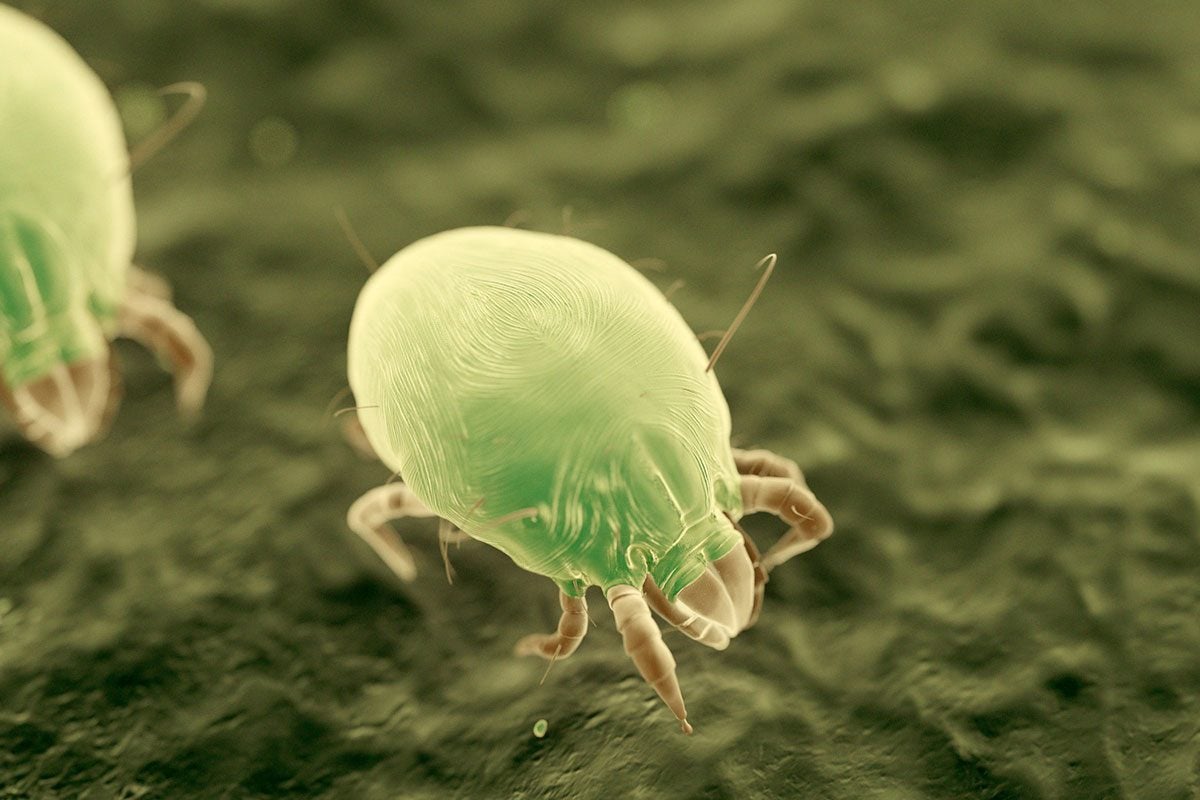
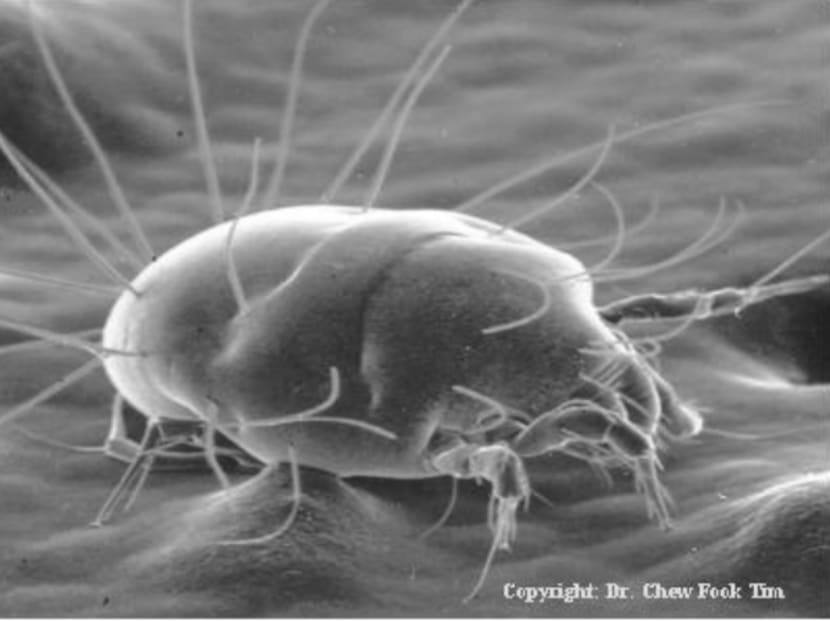
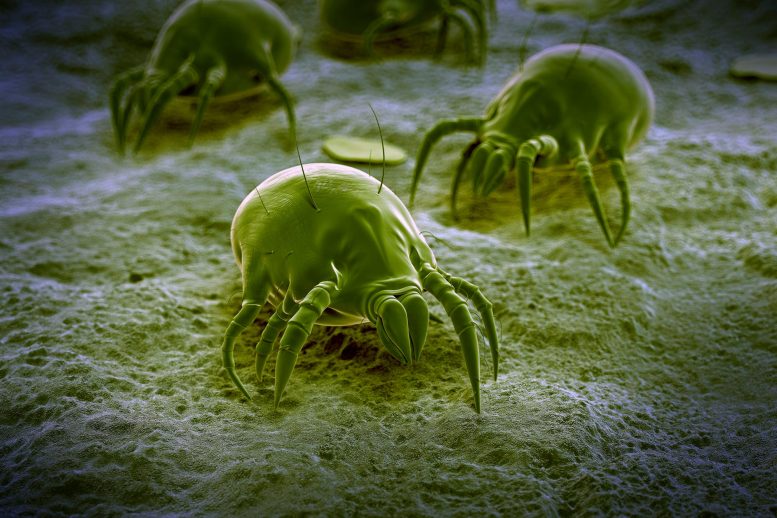




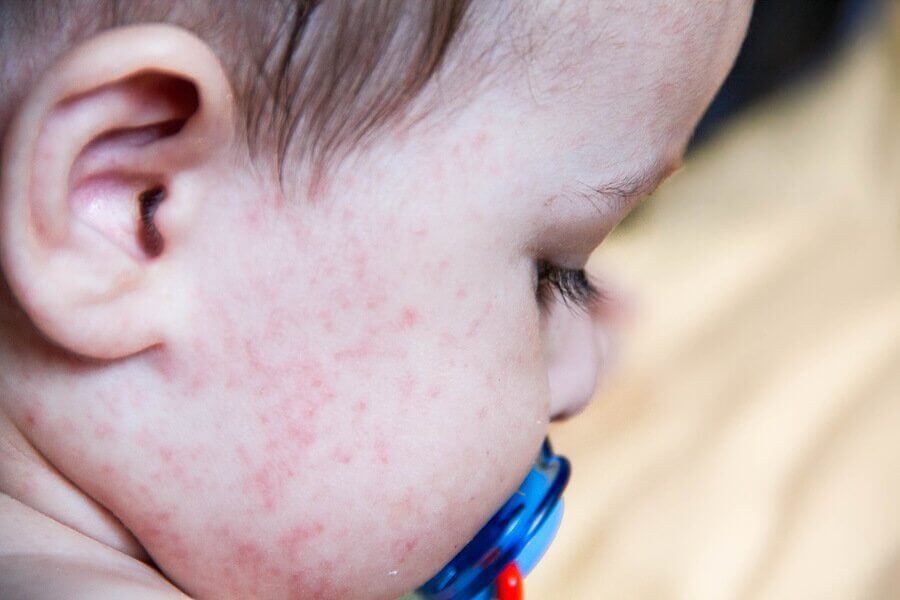
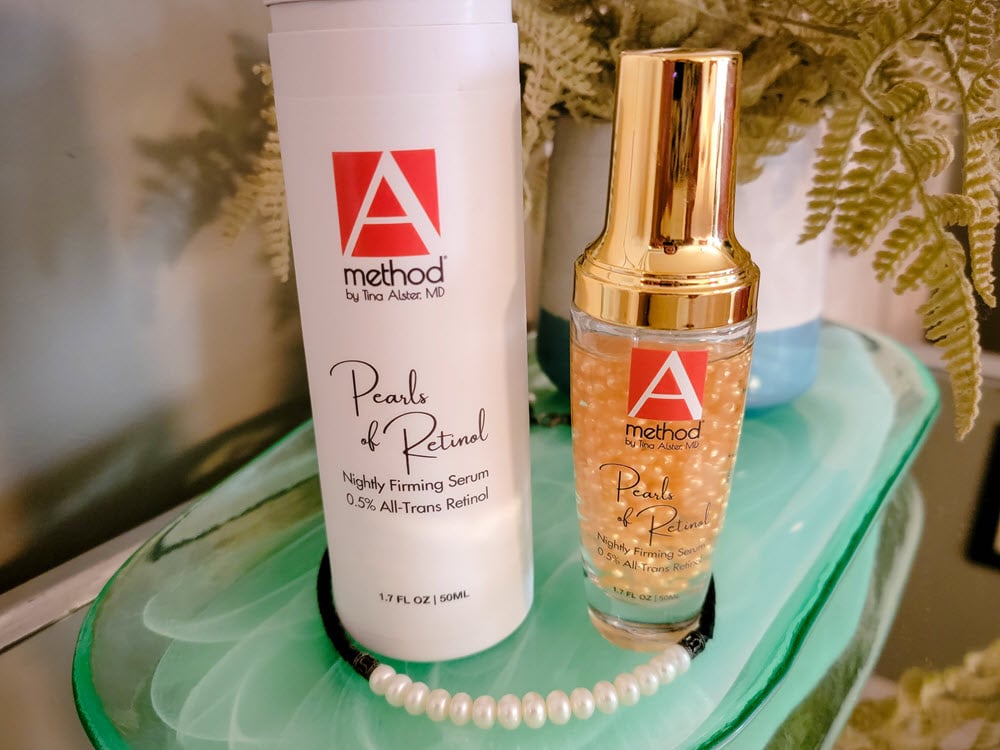






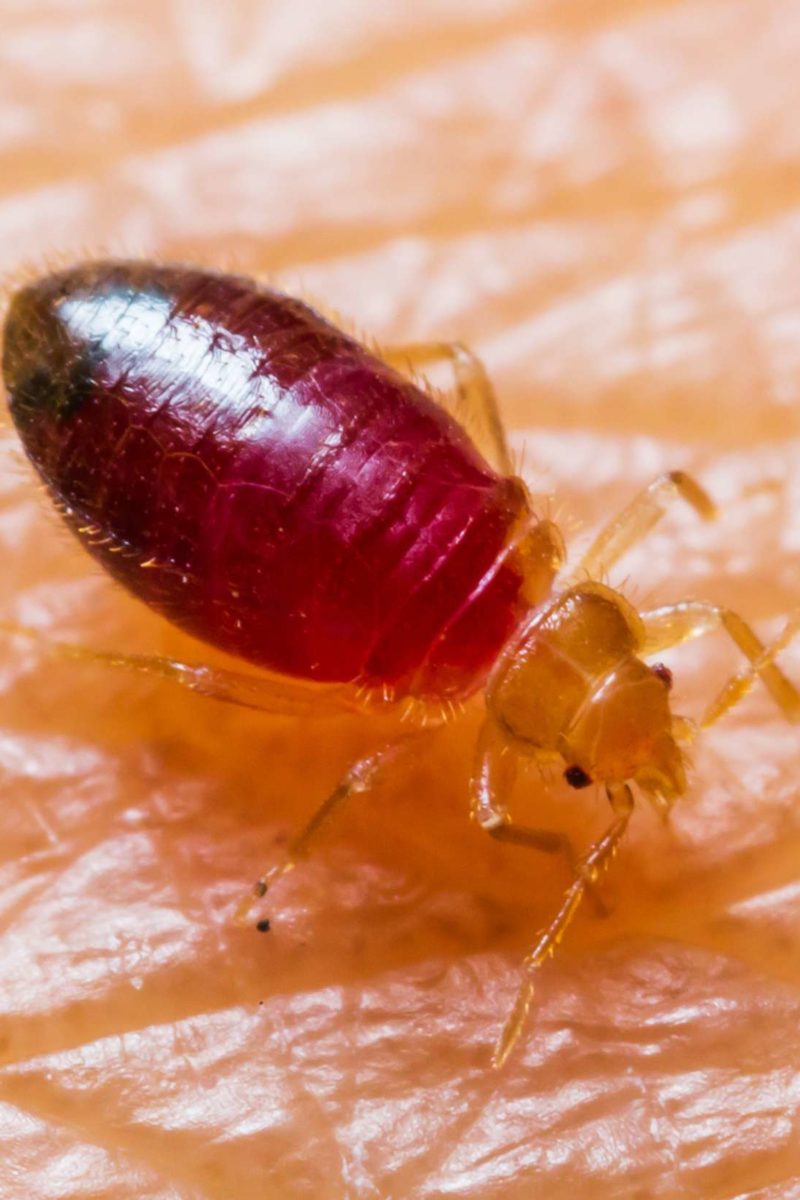

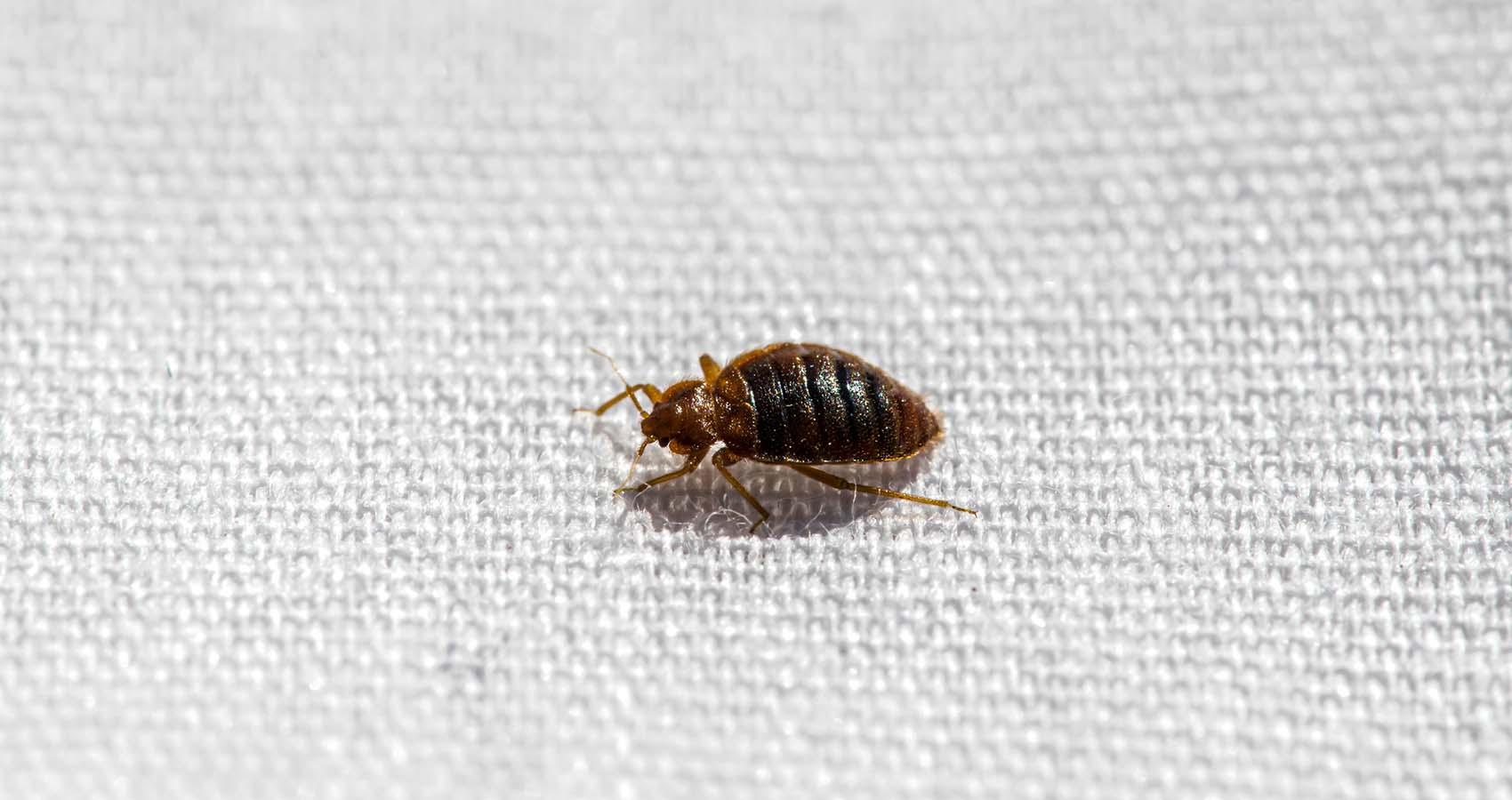

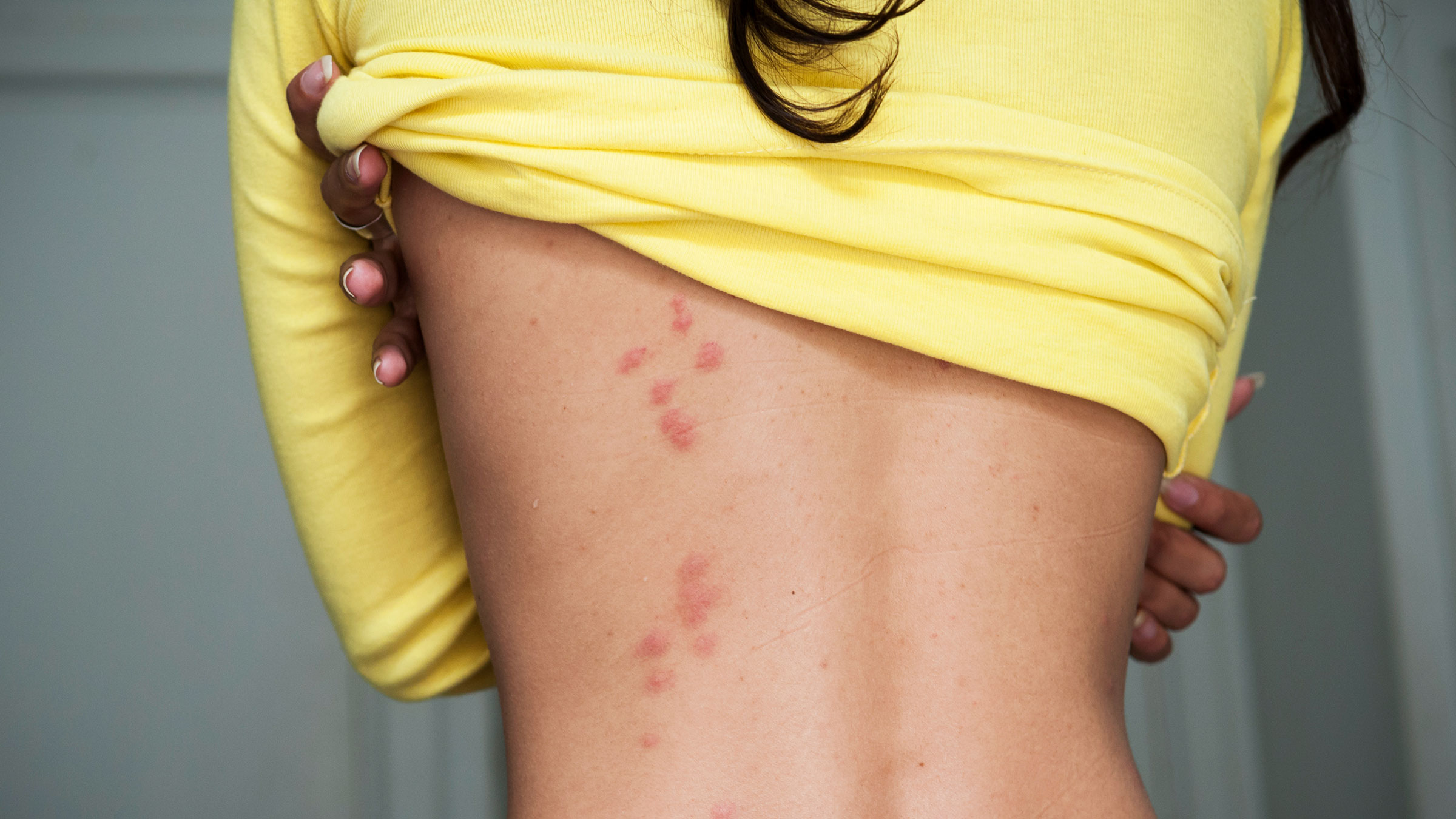
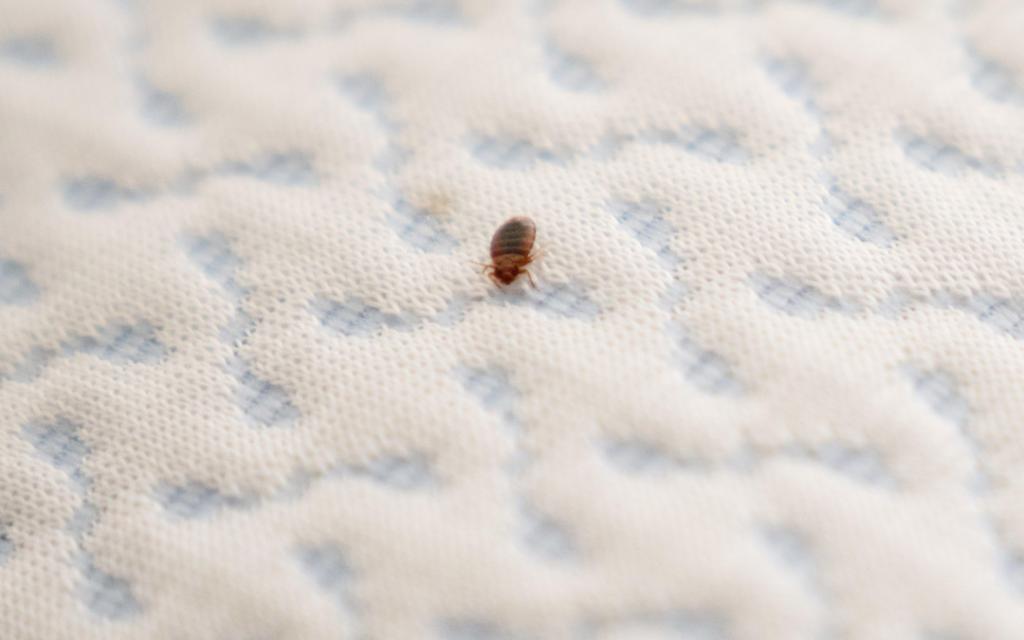

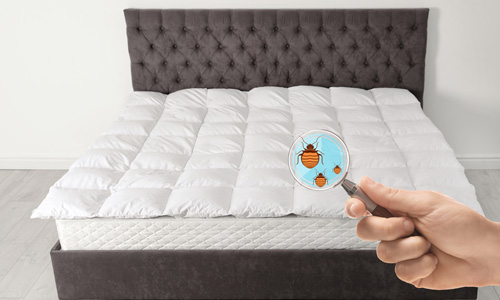
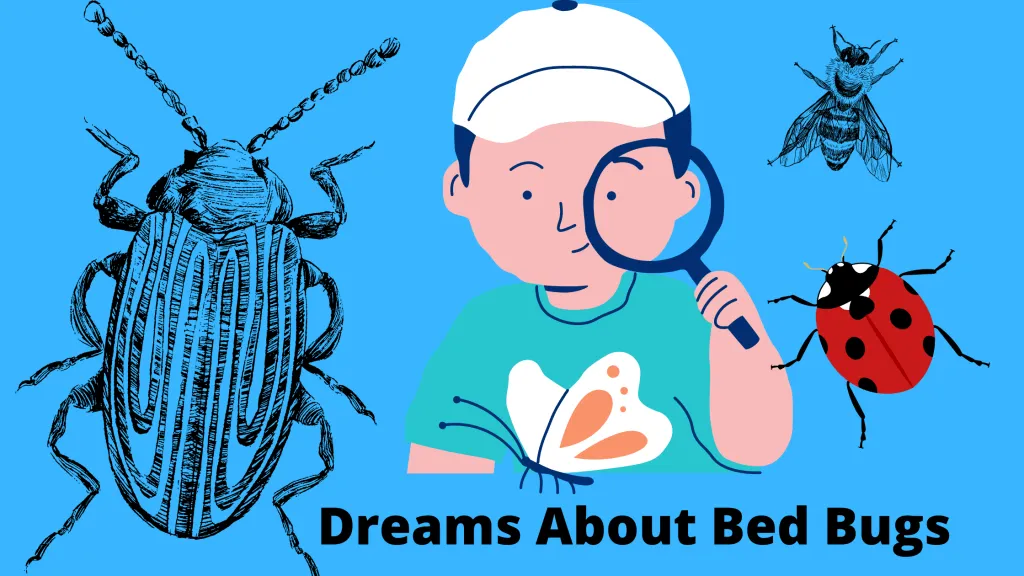


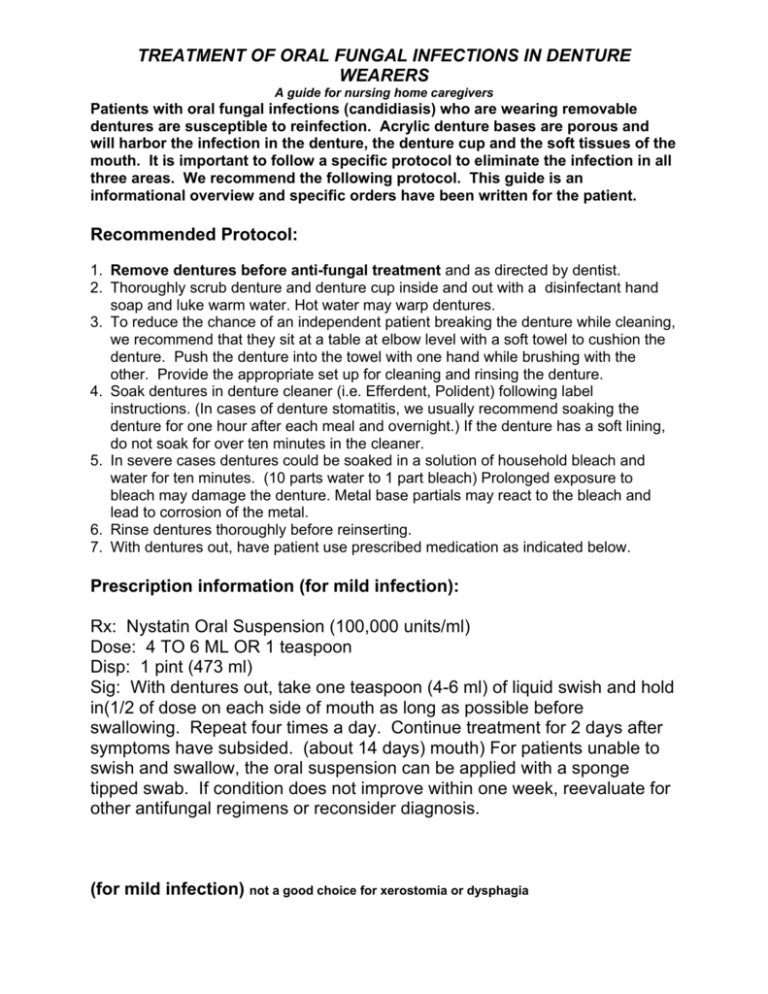
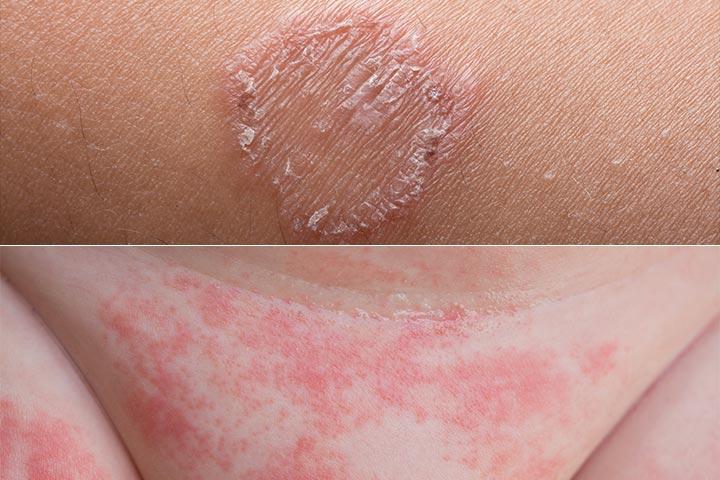
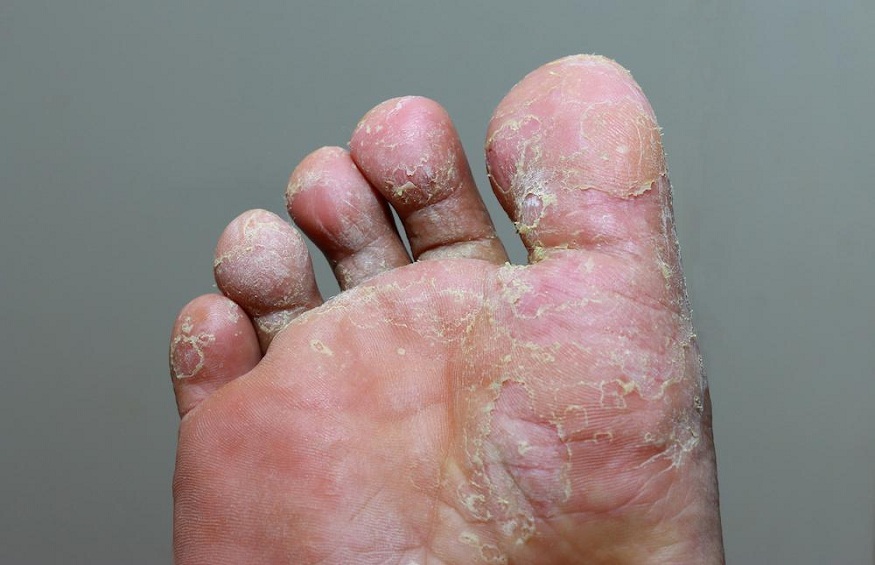
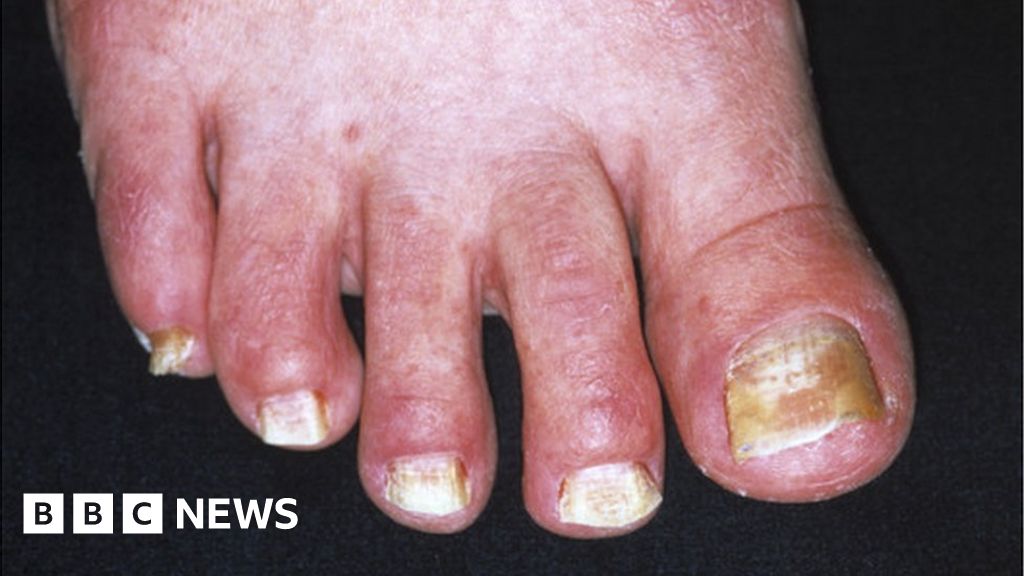



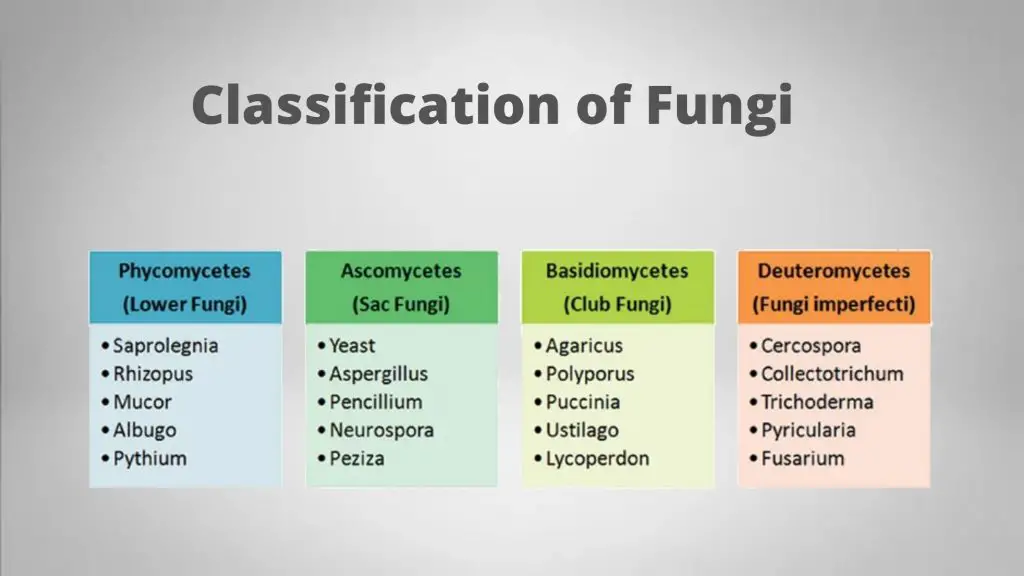





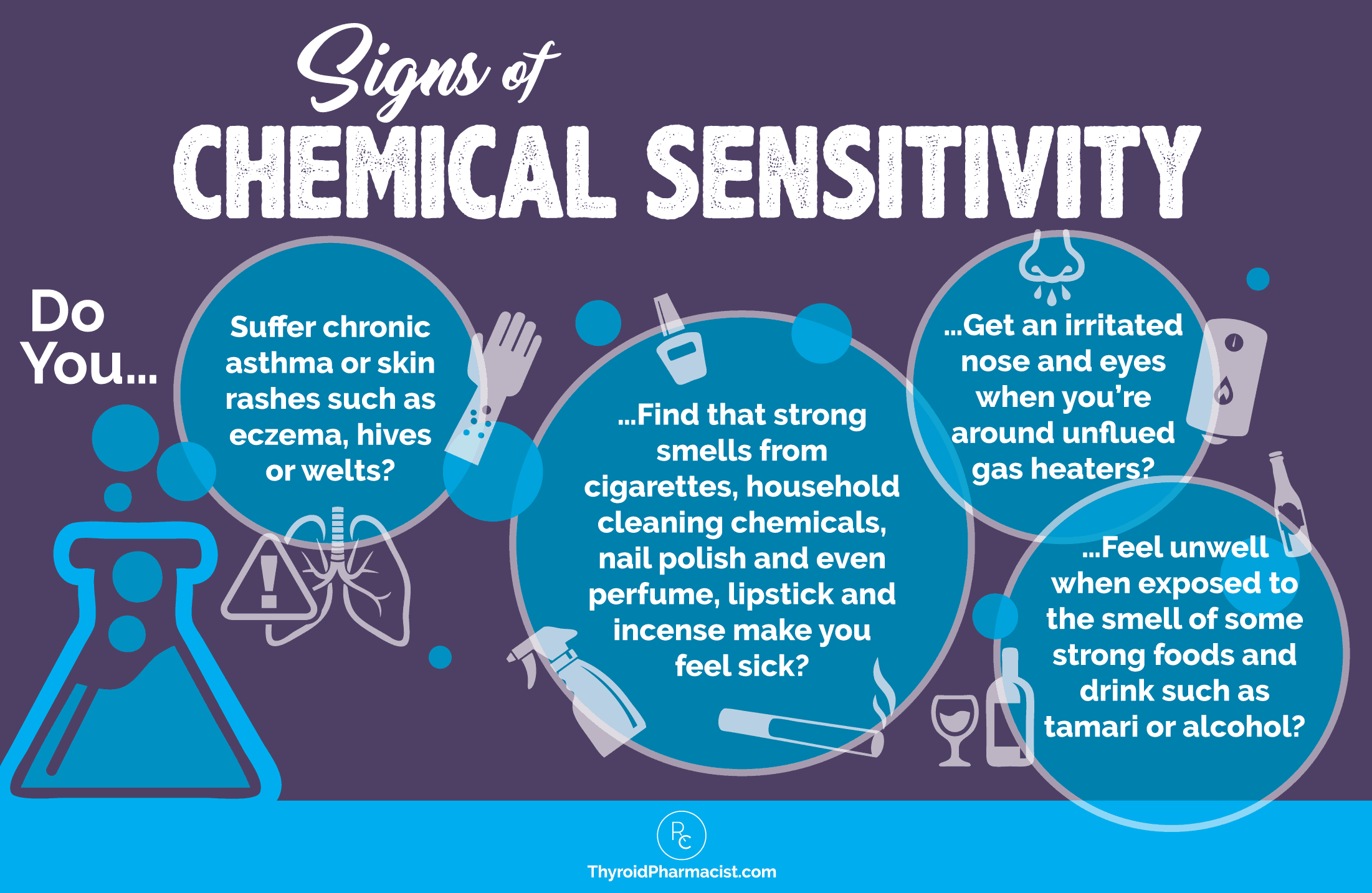














/cloudfront-us-east-1.images.arcpublishing.com/gray/MXFKD2VF5RAK7BYILMPAIF36F4.jpg)











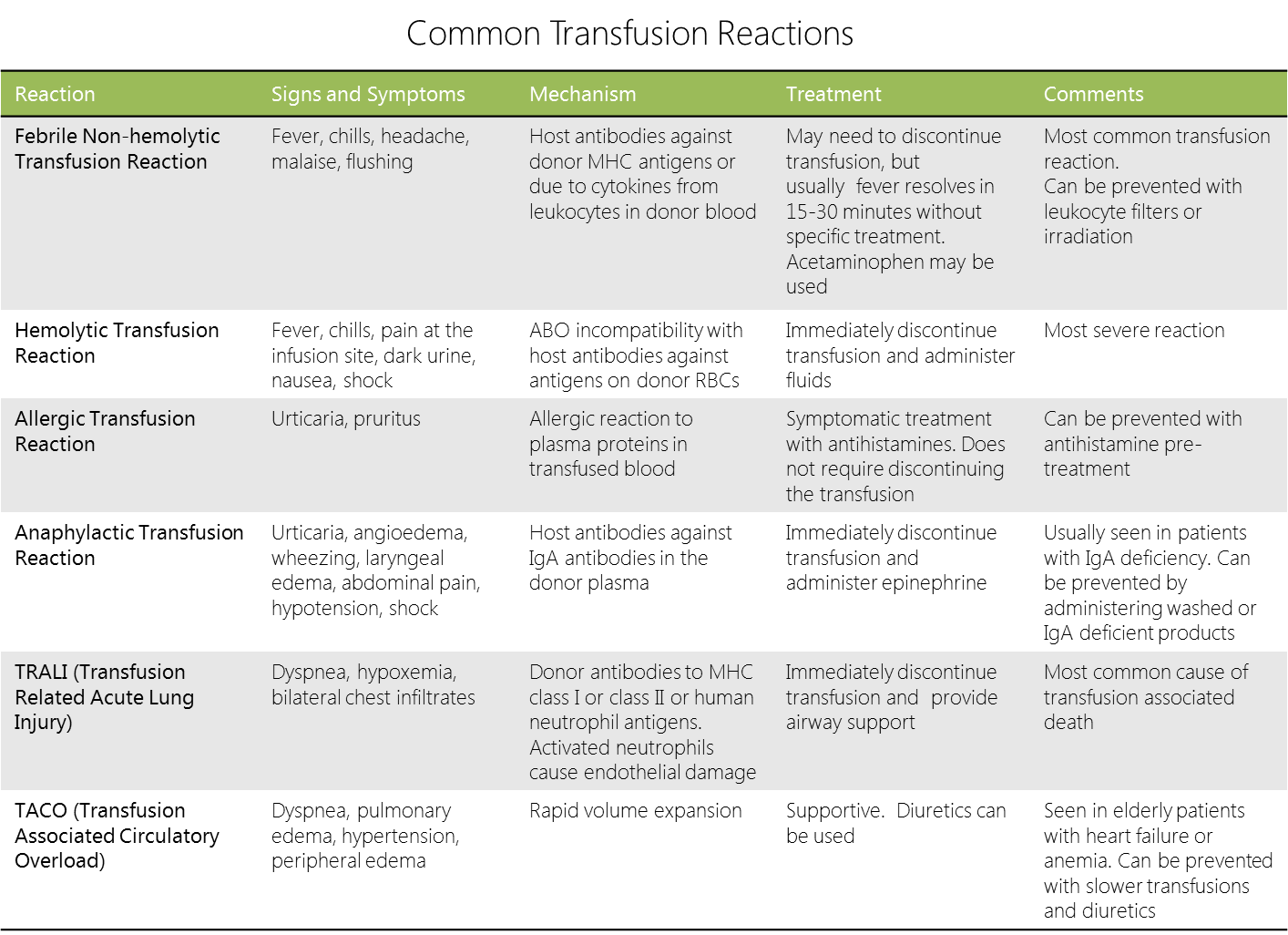
















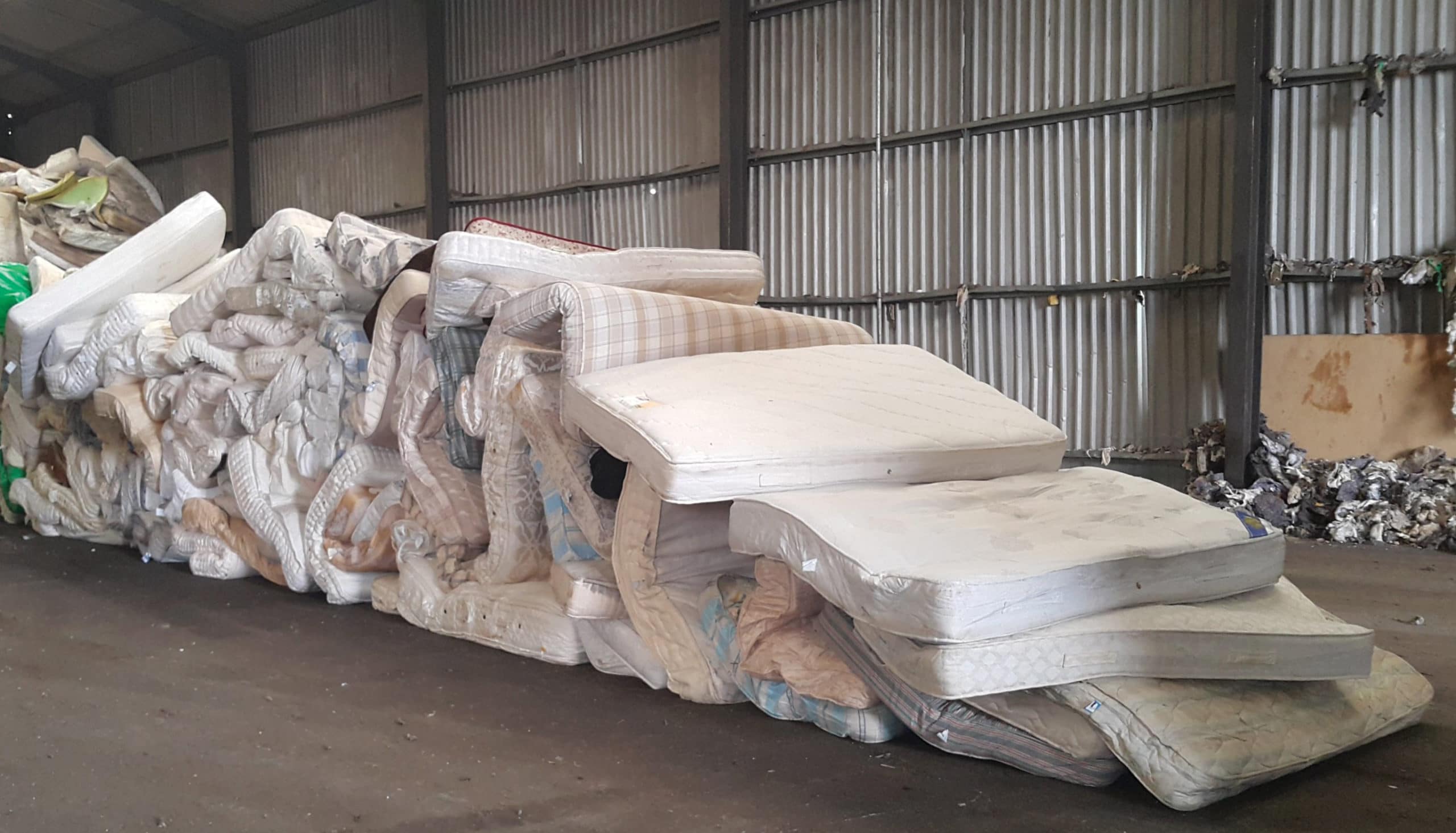
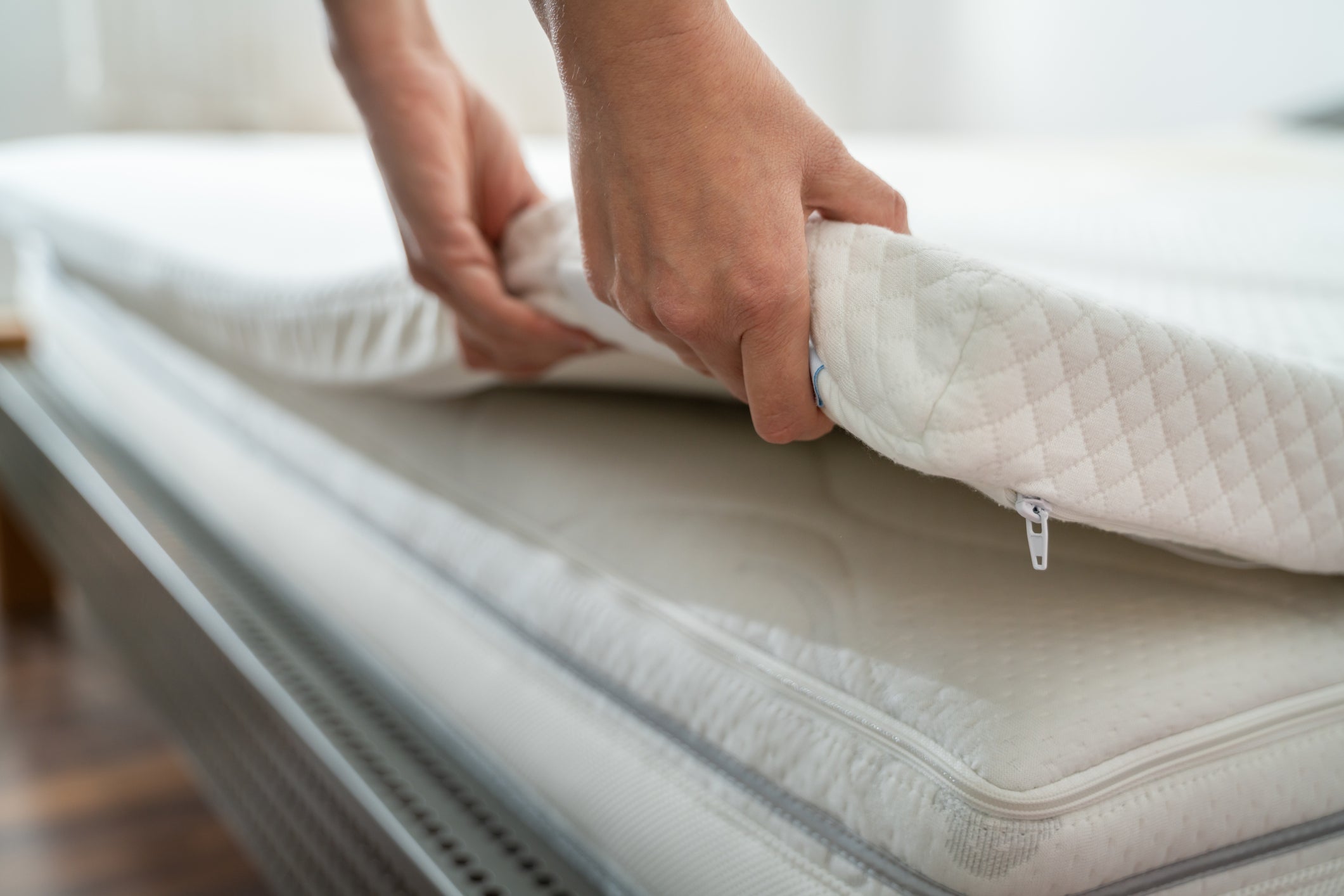


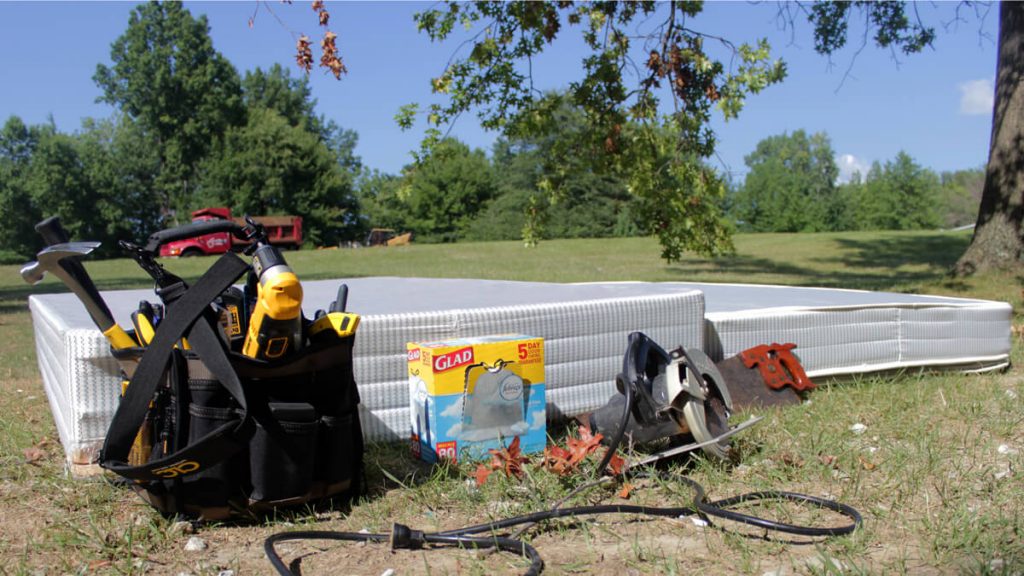


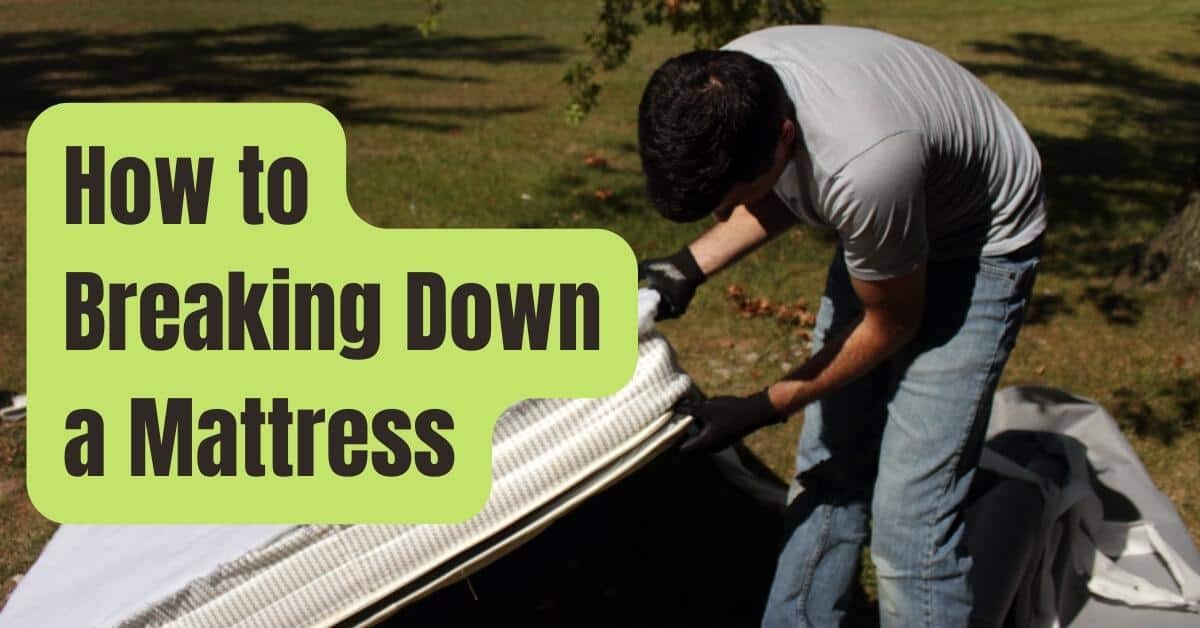

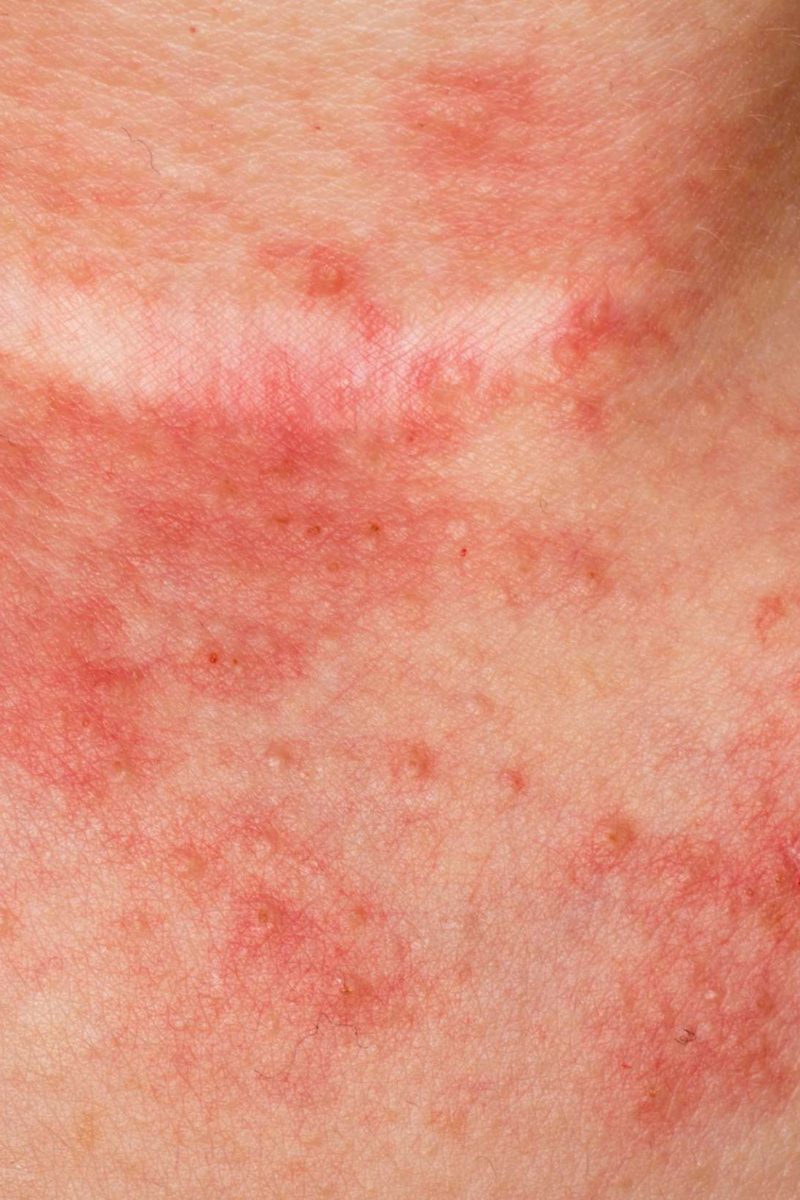


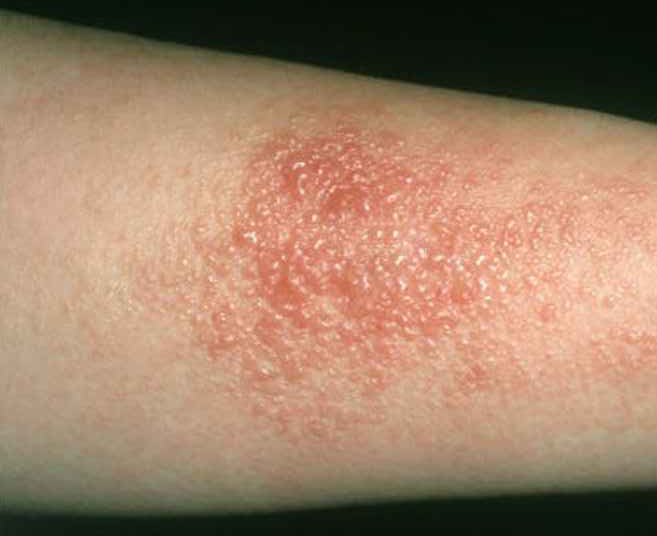

/Contact-Dermatitis-HKPNC-Getty-Images-586753a83df78ce2c36e4f3d.jpg)

